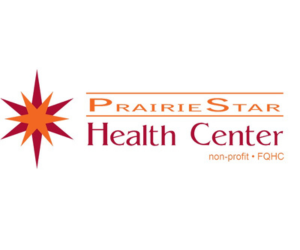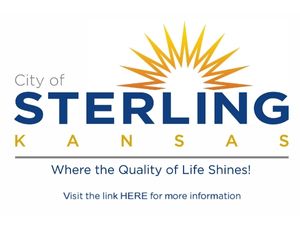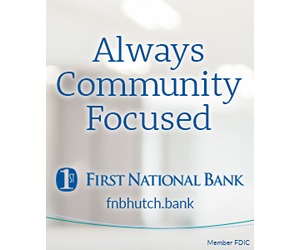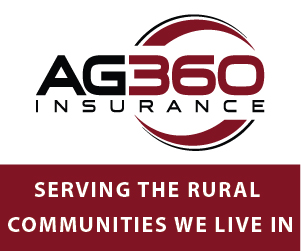
By Maddy Rohr, K-State Research and Extension News Service
MANHATTAN, Kan – The story of a professional football player suffering a heart condition while on the field has recently drawn national headlines, but a Kansas State University food scientist said it’s important at all times to prioritize heart health.
Karen Blakeslee said heart disease is the leading cause of death in the U.S.
“Cardiovascular disease includes all types of diseases that affect the heart and blood vessels like stroke, coronary heart disease, heart failure and peripheral artery disease,” Blakeslee said. “Coronary heart disease is when the arteries get clogged with plaque which restricts the flow of blood.”
The American Heart Association recognizes February as American Heart Month, a time when the nation spotlights heart disease. Blakeslee recommends learning about your family health history. If heart disease runs in your family, you could be at an increased risk.
“Smoking is a risk factor, so take steps to stop smoking to improve heart health,” Blakeslee said.“Be physically active with activities you enjoy. This can also reduce stress, another factor for heart disease. Taking walks is a great place to start and you can get a kick start with Walk Kansas 2023.”
Heart health can also be improved by eating more fruits, vegetables and whole grains each day. Cut back on high-fat foods and reduce sodium intake.
“According to the National Heart, Lung and Blood Institute, more than 800,000 people die of cardiovascular disease each year in the U.S. That means 1 in 3 deaths are associated with cardiovascular disease,” Blakeslee said.
Additional self-care tips Blakeslee suggests include:
- Check your blood pressure and know what the numbers mean for you.
- Make healthy eating goals and simple changes to your diet for big benefits.
- What is your wellness routine? Part of that is getting quality sleep and reducing stress.
- Treat yourself! You deserve some fun to break up your normal responsibilities.
- Who inspires you? Those “feel good” people can improve your heart too.
Learn more at the National Heart, Lung, and Blood Institute website.
Blakeslee publishes a monthly newsletter called You Asked It! that provides numerous tips on being safe and healthy. More information is also available from local extension offices in Kansas.

























































